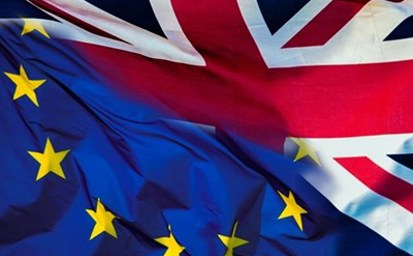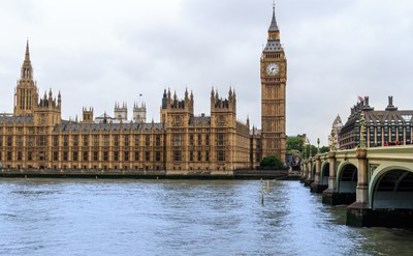This week Prime Minister, Rishi Sunak, hosted representatives of the food and farming industry to discuss how the food industry is responding to the cost-of-living crisis. The summit resulted in some claimed new initiatives and investment in the sector (more can be found here). However, these measures appear to be tinkering at the edges and failing to address root causes. We welcome that these conversations are happening, but for real change the government and industry need to work together to address food security, sustainability, and the impact of Brexit.

Missing opportunities
While the new investments and initiatives may be helpful, they must be complemented by a holistic approach that recognises the following factors:
- Value of Food Security: As a society we have grown used to abundance. Supply chain disruption from Covid, the war in Ukraine and challenges to production of some crops has shown this confidence to be misplaced. As we confront a warming world, with increased demand from newly affluent consumers around the globe we must prioritise food security. To avoid simply offshoring the issue we must grow more of our own food. This means giving growers the tools they need to farm productively and economically.
- Cost of High Standards: The UK has a well-deserved reputation for high standards of food production including environmental sustainability and food safety. These standards contribute to the quality and safety of the food consumed by the public. However, this is delivered through higher costs of regulation than elsewhere. Industry and government must be honest with consumers that these protections contribute to the prices at the checkout.
- Burden of Brexit: With increased costs and barriers to trade, Brexit has made Britain a more expensive place to do business. Supply chain disruption and uncertainty in international trade is acting as a barrier to investment and imports & exports. Since leaving the EU the government has failed to use its newfound regulatory freedom to make the UK a more attractive place to do business. Unless this issue is addressed, we will have a market with all the pitfalls of EU membership, with none of the advantages.
- Environmental Protection: Protecting our natural environment is vital, be that to address climate change or support biodiversity. The UK has a moral duty to lead in doing this. However, a failure to consider environmental protection holistically and a worryingly unscientific approach to regulation risks tying growers’ hands behind their back with no demonstrable benefit. It is possible to improve production and protect the natural environment; if governments adopt policies that incentivise high levels of sustainable production on good quality agricultural land, leaving other areas to provide the necessary habitat for biodiversity.
CropLife UK is pleased that UK government appears to have recognised the importance of secure food supply chains. Addressing rising food costs requires a comprehensive approach that considers the value of food security, upholding high production standards, addressing the challenges of Brexit, and supporting environmental protection efforts. By working collaboratively, the government and industry can develop effective strategies that ensure affordable, safe, and nutritious food for all, while maintaining the sustainability and resilience of the UK's food system. CropLife UK is committed to supporting these efforts.
Written by CEO Dave Bench
19/05/2023




